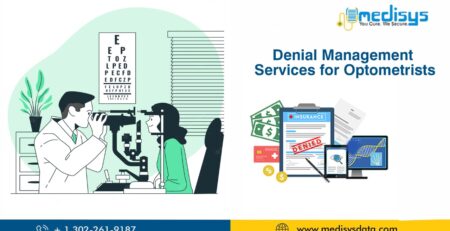Most of the healthcare provider that accepts Medicare Advantage Plans (MA) are using Hierarchical Condition Category (HCC) coding. HCC models are designed to predict the health spending for a specific patient population as well as in these models the risk is equal to the level of expected healthcare spending.
Healthcare plans and healthcare facilities utilize HCC models. Although the models are similar in purpose and structure, they each have unique characteristics to address the different patient populations for which they are utilized.
The ACA promised to offer affordable health coverage to everyone irrespective of care visits however there is an absence of a simple one-plan-fits-all model for everyone to follow except Hierarchical Condition Categories (HCC), a risk adjustment model that has been around for years but now gaining visibility since Medicare Advantage Plans started to require RAF scores for reimbursement.
In this brief, you will learn to approach HCC coding if you are a MA organization.
Training and education for Physicians and Coding Staff
You will find that healthcare regulations are updating periodically hence ongoing education about HCC coding guidelines is essential for physicians and coding staff for high-quality scores. Currently, the world is facing a Covid-19 pandemic which puts pressure on physicians as they already focusing on HCC coding regulatory upkeep in addition to the numerous responsibilities.
Let’s understand the CMS HCC model complexities and risk adjustment use:
- CMS requires an encounter each calendar year and diagnosis by an APRN, PA, or physician.
- Documentation must be accurate and support the diagnosis.
- HCC codes are additive, and some have multipliers.
- HCC codes are not always intuitive. Physicians may require decision support.
- Population complexity/severity affects payment in many Medicare contracts.
- RAF is used for benchmarking for quality and safety.
- RAF enables identification and stratification for patient management.
Now, you have a better outlook of HCC model complexities and the need for training and education. However, you can do the followings things to optimize training and education efforts
- Identify and engage physicians who can champion the importance of HCC coding among their peers.
- Identify the most used and frequently occurring HCC codes in your organization and have physicians focus on them instead of all the 86 HCC categories.
MEAT is the heart of HCC coding
M.E.A.T. stands for M-monitoring, E-evaluating, A-assessing, and T-treatment which is the heart of HCC coding and clinical documentation and is defined as follows:
- Monitor signs, symptoms, disease progression, disease regression
- Evaluate-test results, medication effectiveness, response to treatment
- Assess/Address-ordering tests, discussion, review records, counseling
- Treat-medications, therapies, other modalities
Healthcare providers need awareness about the essentials that should be present in the medical record to stay compliant and mitigate the risk of audits. Proper documentation is key to capture the most accurate HCC code for the diagnosis. Hence documentation should indicate the diagnosis is MEAT i.e., Being monitored, evaluated, assessed/addressed, or treated (M.E.A.T.).
You should properly report secondary diagnosis
The main reason behind the loss of reimbursement is not reporting secondary diagnoses of patients properly. There is a chance that you will miss the opportunity for optimal reimbursement while pulling information from multiple data sources (hospital inpatient, hospital outpatient/ physician).
When it comes to outpatients’ encounters secondary and/or chronic conditions are often not reported due to data interoperability, which should be considered while reviewing the root cause of low-risk factor scores.
Outsource your HCC coding
If you are not confident about converting medical documentation into HCC coding, then you should consider outsourcing certified risk adjustment coders who deliver consistent and compliant HCC coding performance to reap the benefits of optimal reimbursements. Moreover, you don’t need to have specialized coding expertise and proficient experience with knowing where to search deeper for coding acuity.
You can consider MedisysData while outsourcing your HCC coding as we reduce your administrative burden as well as you can focus on your core competency i.e., delivering better patient care. We are a team of HIPAA compliant coders who are specialized in coding services including HCC code assignment. You can feel rest assured about CMS Audit samples before submission deadlines to obtain optimal reimbursement once you avail of our services.












